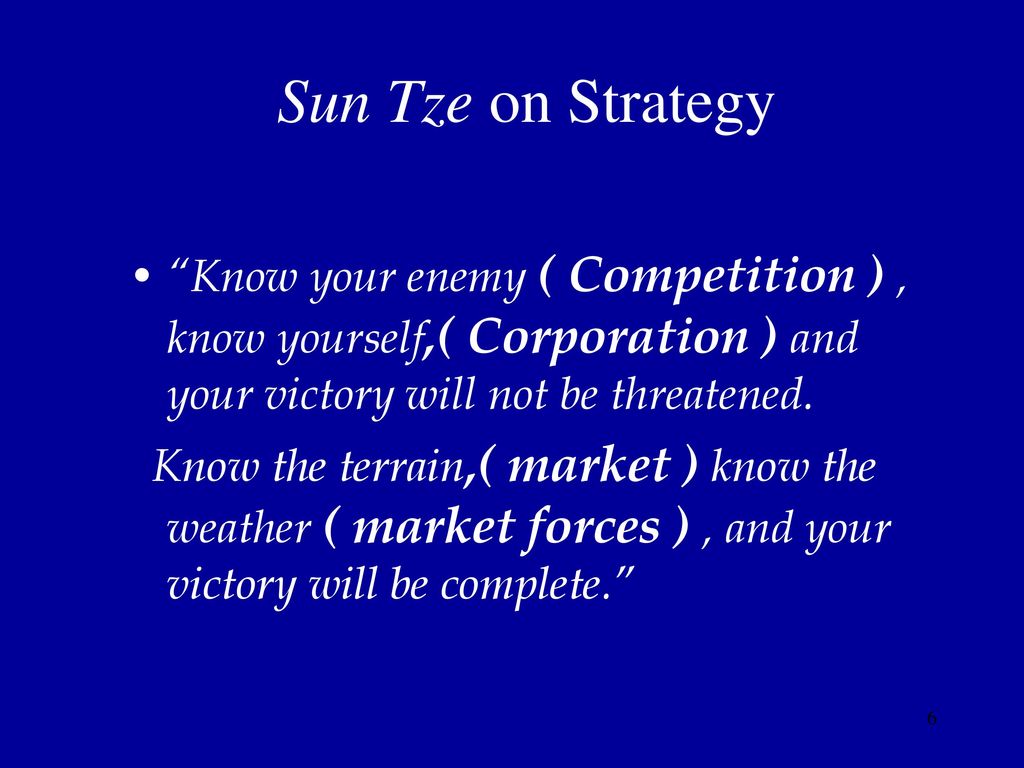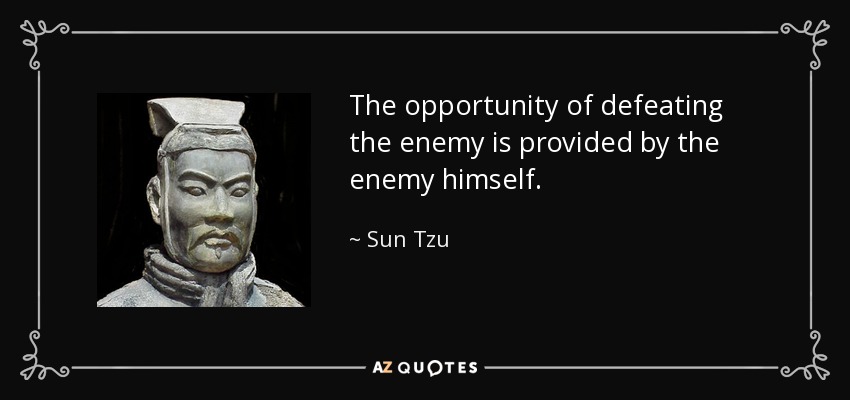Sun Tzu’s ‘The Art of War’
is a classic treatise on military strategy, but its principles can be applied to various fields, including business. Drawing parallels between the tactics described by Sun Tzu and the dynamics of franchising can provide intriguing insights into the strategic mindset required for success.
Let’s explore a compelling parallel between the franchise business model and some key tactics from ‘The Art of War.’
1. Know Your Terrain:
Sun Tzu emphasizes the importance of understanding the battlefield. In the franchise world, this translates to comprehending the intricacies of the local market. Franchisors must be intimately familiar with the terrain—knowing each location’s cultural, economic, and competitive landscape. Just as a general study of the topography before a battle, a franchise must analyze the nuances of its target markets.
2. Adaptability:
Sun Tzu stresses the need for adaptability in the face of ever-changing circumstances. Franchises, too, must be flexible and quick to adapt to local market conditions. Just as a military leader adjusts strategies based on the opponent’s movements, successful franchises modify their approaches to align with the dynamic nature of consumer preferences and local economies.


3. Know Your Enemy and Yourself:
Sun Tzu’s wisdom emphasizes the importance of self-awareness and understanding the adversary. Likewise, franchises must thoroughly analyze their strengths and weaknesses and those of their competitors. By conducting thorough market research and competitor analysis, franchises can position themselves strategically, leveraging strengths and mitigating weaknesses.
4. Alliances and Partnerships:
Sun Tzu discusses the significance of forming alliances to strengthen one’s position. In the franchise realm, this translates to building strong partnerships. Franchisors often collaborate with local businesses, suppliers, and community organizations to fortify their presence. These alliances contribute to the franchise’s overall strength, as allies enhance a military force.
5. Deception and Misdirection:
Sun Tzu advocates the use of deception to gain a strategic advantage. Effective marketing and branding often involve creating an image that distinguishes a brand from competitors in franchising. This doesn’t necessarily mean misleading customers but rather strategically emphasizing unique selling points to influence perceptions in the marketplace.
6. Economy of Force:
Sun Tzu advises using resources wisely and efficiently. For franchises, this means optimizing resources, both human and financial. Distributing efforts across various locations, focusing on high-potential markets, and streamlining operations is crucial to maintaining an economical and efficient franchise network.
7. Sun Tzu’s Concept of Wu Wei (Action through Inaction):
Sun Tzu encourages achieving objectives with minimal conflict. In franchising, this can be likened to selecting markets judiciously, avoiding unnecessary competition, and letting the brand’s appeal and efficiency draw customers naturally. The art of franchising involves strategic placement and timing, allowing success to unfold with a certain degree of inevitability.


Conclusion:
By drawing parallels between Sun Tzu’s principles and the world of franchising, it becomes evident that strategic thinking is a universal key to success.
Both military commanders and franchise leaders must navigate complex environments, adapt to changing circumstances, and leverage their strengths to achieve victory – whether on the battlefield or in the marketplace.
Understanding and applying these timeless principles can provide franchisors with a strategic advantage, allowing them to conquer new markets and emerge victorious in the competitive business landscape.
